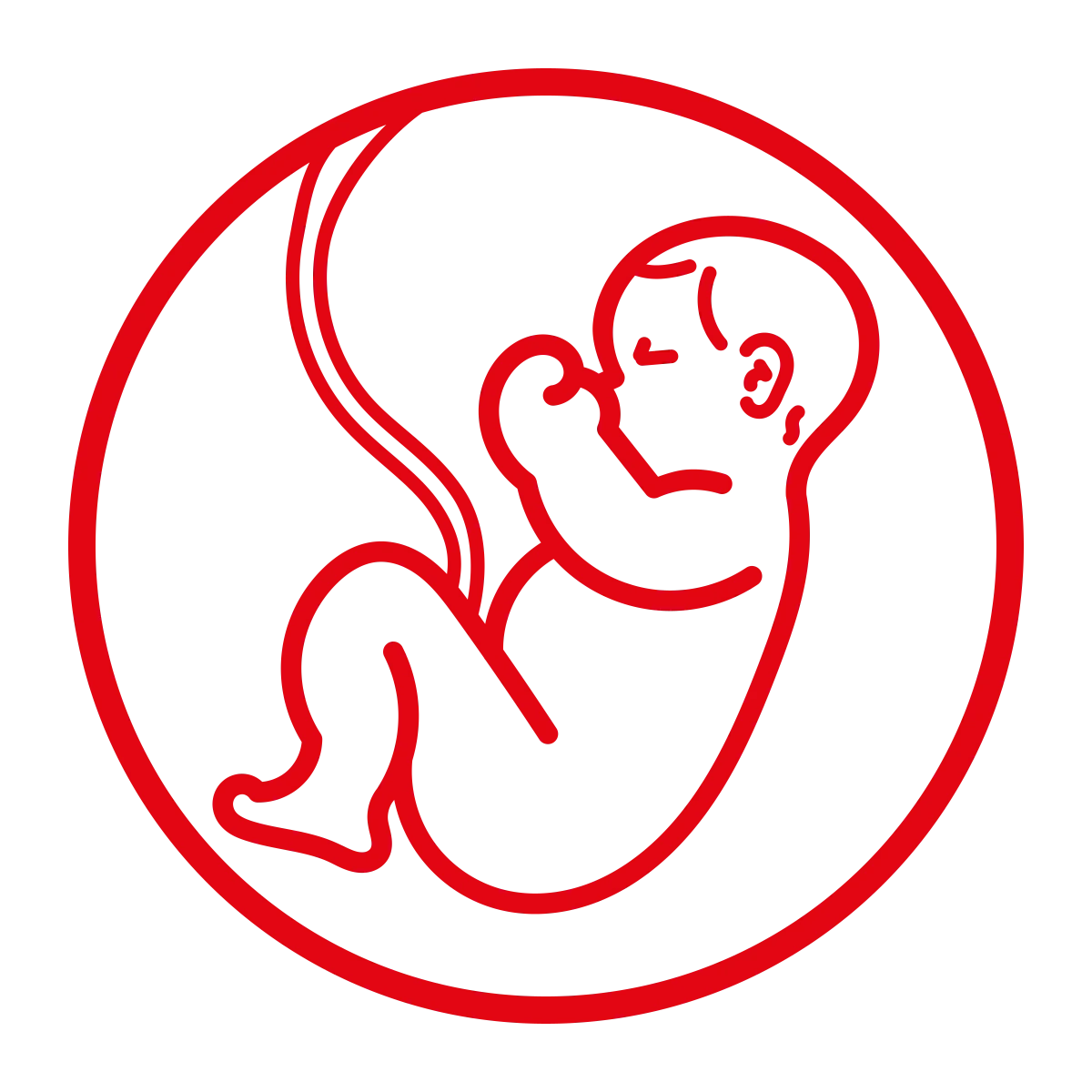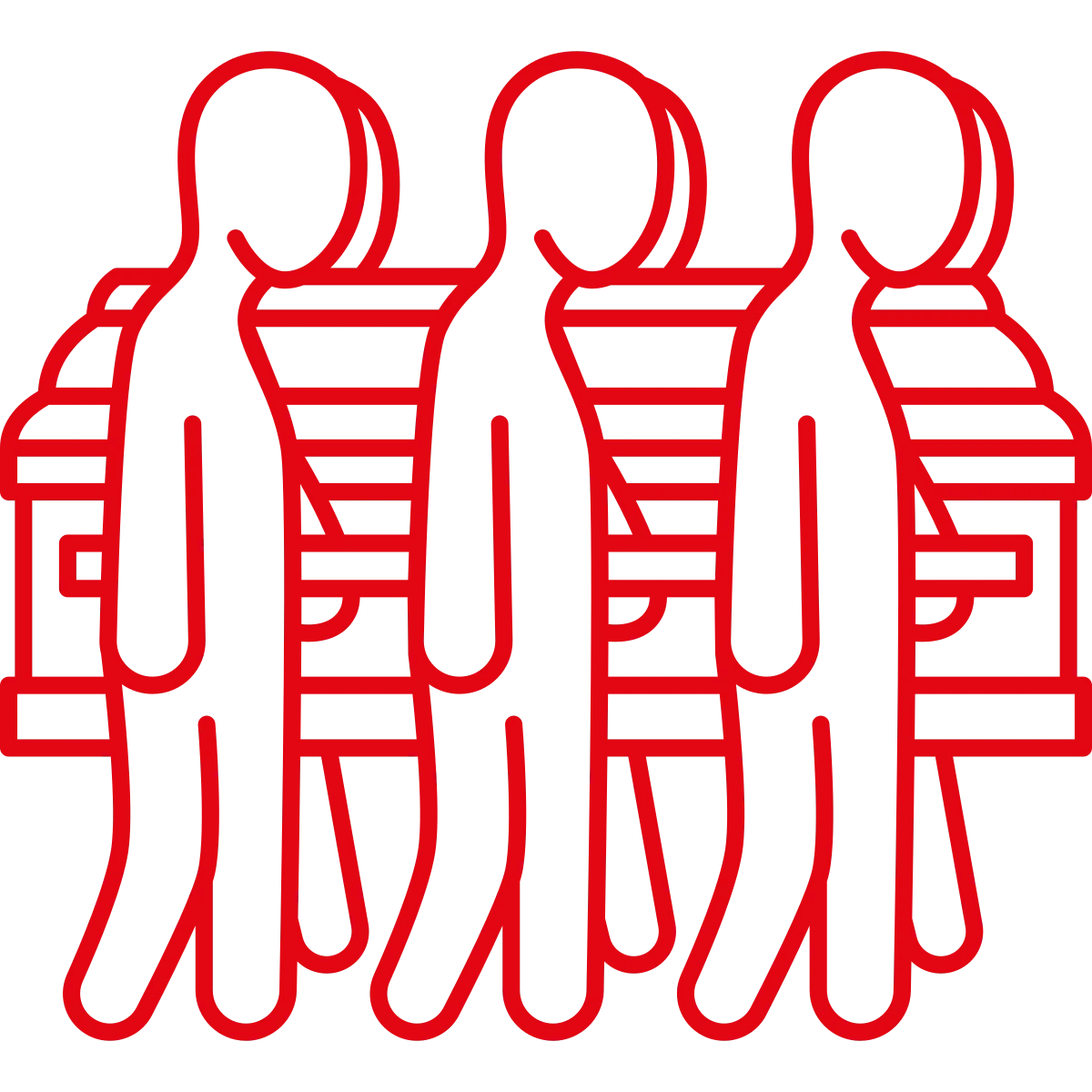Traumatic Brain Injury (TBI) Lawyer
A head injury can be classified either as a closed injury— when the head sustains a blunt force trauma by striking against an object—or a penetrating injury—when an object breaks through the skull and enters the brain. TBI is more specific to a brain problem and can lead to temporary impairment or permanent loss of the brain’s function. It is defined as an injury to the brain caused by a blow or jolt to the head from blunt or penetrating trauma; and “brain injury is not an event or an outcome. It is the “start of a misdiagnosed, misunderstood, under-funded neurological disease”, according to the Brain Injury Association of America.

Traumatic Brain Injury (TBI) is defined by the Centers for Disease Control and Prevention (CDC) as a” bump, blow, or jolt to the head that disrupts the normal function of the brain.” This sudden movement can cause the brain to bounce around or twist in the skull, creating chemical changes in the brain, which can sometimes stretch and damage brain cells.
Not all impacts to the head, however, result in a TBI. Injuries can range from “mild” (i.e., a brief change in mental status or consciousness) to “severe” (i.e., an extended period of unconsciousness or memory loss after the injury) in severity. In rare cases, a dangerous collection of blood (hematoma) may form on the brain after a bump, blow, or jolt to the head or body that may squeeze the brain against the skull.
Our traumatic brain injury lawyers are experienced brain injury attorneys, and we know that no two brain injuries are the same. We have handled traumatic brain injuries on both the local and national level and have a proven track record of success in handling such cases. If you or a loved one has suffered a traumatic brain injury and you are seeking a caring and committed attorney with the knowledge, skills and experience to successfully handle your case, contact the Killino Firm today.
A traumatic brain injury (TBI) is a complex injury that can have devastating affects. Every traumatic brain injury comes with its own set of unique challenges and limitations. Unfortunately, in most cases the effects are profound and can change a person’s life forever.
Traumatic brain injury symptoms may include:
- Headache
- Confusion or other cognitive problems
- Change in personality
- Depression
- Irritability
- Nausea
- Severe vision problems
- Other emotional and behavioral problems
Mild TBIs are caused by a blow to the head or violent shaking that can result in temporary brain damage and impairment of cognitive ability. Repeated mild TBI can potentially cause long-term cognitive issues. The “mild” definition is misleading because mild TBIs can have significant impacts on cognition and behavior, and recovery may vary from person to person.
A person with a moderate TBI who regains consciousness will typically have symptoms similar to those of a person with a mild TBI, but the symptoms will be much more severe. Symptoms also may persist for a significantly longer duration or be permanent.
A severe TBI is typically characterized by comatosis (coma) and permanent brain damage is often the result. Death may occur in extreme circumstances. Severe traumatic brain injuries can result from blunt trauma, but also can be the result of penetration of the skull from external objects.
The Head Injury Interdisciplinary Special Interest Group of the American Congress of Rehabilitation Medicine defines mild head injury as “a traumatically induced physiologic disruption of brain function, as manifested by one of the following:
- Any period of loss of consciousness (LOC),
- Any loss of memory for events immediately before or after the accident,
- Any alteration in mental state at the time of the accident,
- Focal neurologic deficits, which may or may not be transient.”
The other criteria for defining mild TBI include the following:
- Glasgow Coma Scale (GCS)score greater than 12
- No abnormalities on computed tomography (CT) scan
- No operative lesions
- Length of hospital stay less than 48 hours
The following criteria define moderate TBI:
- Length of stay at least 48 hours
- GCS score of 9-12 or higher
- Operative intracranial lesion
- Abnormal CT scan findings
Another measure of severity is the duration of loss of consciousness.
- Mild: loss of consciousness [LOC] for 30 minutes or less
- Moderate LOC from 30 minutes to 6 hours
- Severe LOC for more than six hours
- You may or may not lose consciousness for a few seconds to a few minutes, states the Mayo Clinic.

Mild Traumatic Brain Injuries
Traumatic brain injuries are typically classified as “mild” if the disorientation or loss of consciousness is less than 30 minutes. Most mild TBIs, and the most frequent are commonly called concussions. Mild TBIs are usually caused by an impact to a person’s head that caused disorientation, confusion and/or loss of consciousness for a short period of time.
Symptoms of mild TBIs can include:
- Headaches
- Excessive fatigue
- Difficulty seeing clearly
- Memory loss
- Difficulty sleeping
- Dizziness, balance issues
- Seizures
- Depression, mood swings
- Sensitivity to light and/or sound
- Loss of smell
- Confusion
Because most patients who experience mild TBIs appear to be normal, the injuries are often missed for days or weeks following the accident.
Moderate Traumatic Brain Injuries:
The following criteria define moderate TBI:
- Length of stay at least 48 hours
- GCS score of 9-12 or higher
- Operative intracranial lesion
- Abnormal CT scan findings
Severe Traumatic Brain Injuries:
Traumatic brain injuries that are classified as “severe” are those in which the patient loses consciousness for more than six hours. While the impact of severe TBIs vary from patient to patient, severe TBIs usually have life-changing consequences. Ranging from impairment of higher- level cognitive function to comatose states, the effects are devastating.
Concussion
Not all concussions are classified as mild TBIs: Although concussions are seldom life-threatening, concussion effects can be serious. Here are two videos provided by the CDC further explaining concussion.
If your child, teen or anyone showing any of the following concussion danger signs, the CDC urges that you call 911 immediately or take that individual to the emergency department.
Dangerous Signs & Symptoms of Concussion
- One pupil larger than the other.
- Drowsiness or inability to wake up.
- A headache that gets worse and does not go away.
- Repeated vomiting or nausea, convulsions or seizures (shaking or twitching).
- Slurred speech, weakness, numbness, or decreased coordination.
- Unusual behavior, increased confusion, restlessness, or agitation.
- Loss of consciousness (passed out/knocked out). Even a brief loss of consciousness should be taken seriously.
Why do I need a Traumatic Brain Injury Lawyer?
Severe traumatic brain injuries usually require round- the-clock care and intensive treatment programs that can be costly and extremely emotional for the family. At the Killino Firm, we are aware of these affects and severe losses and we will fight aggressively to ensure patients and their families recover compensation for the devastating losses.
An experienced traumatic brain injury lawyer helps injured persons and their families seek and recover compensation for their losses and will be able to take the case to trial if necessary. If you’ve been impacted by a minor or severe TBI, contact our experienced personal injury lawyers today. We will investigate the details of the injury and handle your case with compassion.







